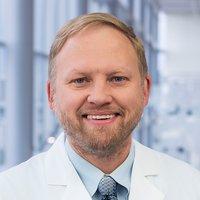
Richard A. Voit, M.D., Ph.D., is an Assistant Professor of Pediatrics in the Division of Pediatric Hematology and Oncology and is an affiliated member of the Children’s Research Institute and the Harold C. Simmons Comprehensive Cancer Center. He is an Attending Physician in the Gill Center for Cancer and Blood Disorders at Children’s Medical Center in Dallas. Dr. Voit received his B.S. in molecular biology from the University of Texas at Dallas where he was a Eugene McDermott Scholar and his M.D. and Ph.D. from UT Southwestern. He completed general pediatrics residency and pediatric hematology-oncology fellowship at Boston Children’s Hospital and the Dana Farber Cancer Institute. He joined the faculty of UT Southwestern in 2024 as a CPRIT First-time Tenure-track Scholar and a Horchow Family Endowed Scholar in Pediatrics. The lab is also supported by a K08 award from the National Cancer Institute and Young Investigator Awards from the Alex’s Lemonade Stand Foundation and the Edward P. Evans Foundation. The Voit lab was also selected as the recipient of the 2025 Children’s Cancer Fund Call for Cure award.
Richard cares deeply about improving the lives of his patients and their families and is passionate about teaching and training the next generation of physicians and scientists. He has been recognized with several teaching awards given by residents and fellows. Outside of the lab and the clinic, Richard enjoys writing in the third person and spending time with his wife and three children.
dallas, TX 75390
United States

